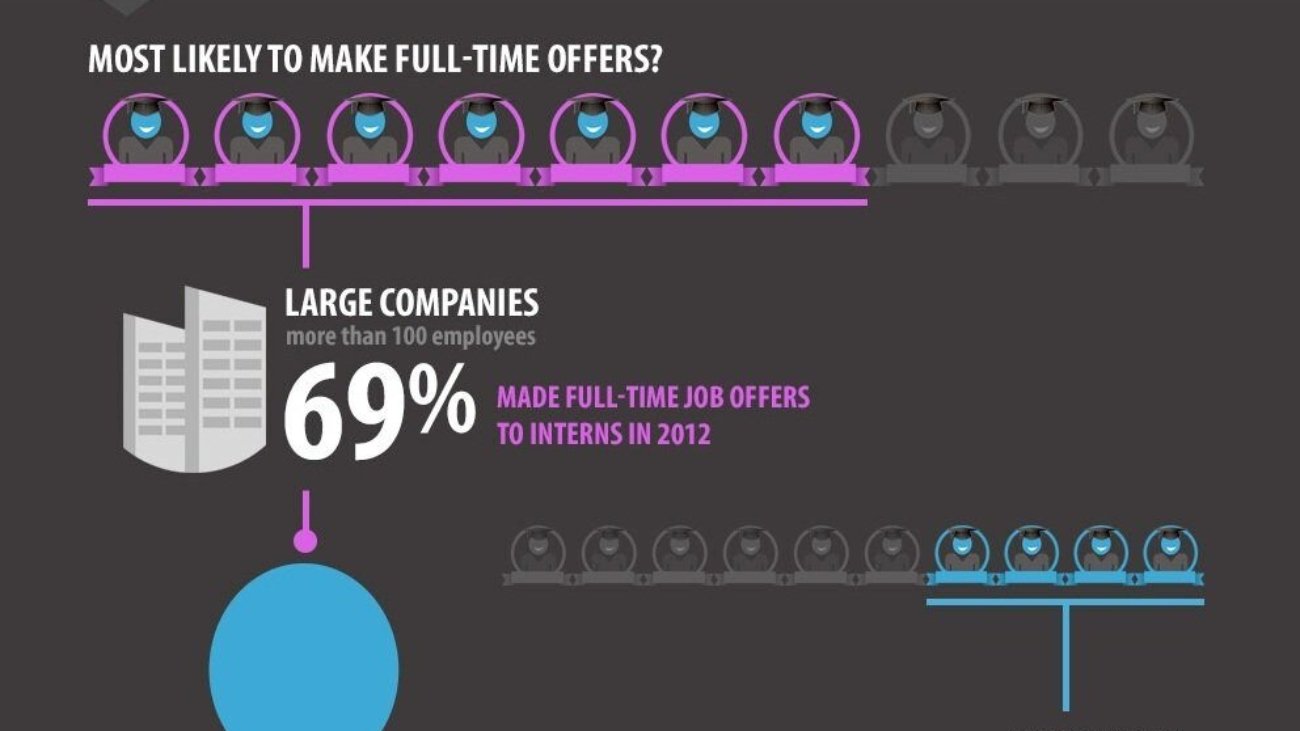Winning the SEO Trophy is more than just a title, it’s a statement. It signals that you’re not only trained in search engine optimization but that you’ve excelled in real-world, competitive SEO challenges. But after the confetti settles and your Domain Authority leader-board score is posted, one question looms large:
“How do I get hired after winning the SEO Trophy?”
This guide provides a comprehensive roadmap for leveraging your SEO expertise, internships, and certifications to attract employers, excel in interviews, and launch a rewarding SEO career. Whether you’ve ranked in the Top 10 or just completed your final SEO batch, this article is your post-competition action plan.
1. Why the SEO Trophy Matters to Employers
Let’s be clear: winning the SEO Trophy is not just about rankings it reflects:
-
Hands-on SEO training
-
Problem-solving under pressure
-
Mastery of DA (Domain Authority), on-page SEO, and link building
-
Teamwork and performance tracking
-
Completion of practical SEO tasks and audits
For hiring managers, this signals that you’re not a theory-only candidate you’ve already performed in a simulated job environment.
Fact: Employers are more likely to hire candidates who’ve worked on live case studies and SEO campaigns than those who’ve only done academic certifications.
2. Build a Post-Trophy SEO Portfolio
The first step in converting your SEO Trophy win into a job is to show your work. Employers want proof that you can deliver results.
Include in Your Portfolio:
-
SEO audit reports from your Trophy competition
-
Before and after screenshots of DA improvements
-
Keyword ranking performance
-
Content you optimized or created
-
A description of your role in the SEO team
Pro Tip: Create a simple portfolio website using WordPress, Notion, or Wix. Add sections for certificates, internships, and your SEO Trophy badge.
3. Update Your Resume and LinkedIn Profile
A winning candidate has to look like one everywhere.
SEO Resume Tips:
-
Add “Winner – SEO Champions Trophy 2025” under achievements
-
Include a bullet on tools used: Ahrefs, Moz, SEMrush, Google Analytics
-
Add your ISRA-CPD Certification and other SEO certifications
-
Mention any internship completed as part of the SEO batch
LinkedIn Tips:
-
Add a featured post linking to your SEO portfolio
-
Pin your DA Leaderboard badge
-
Get endorsements for skills like On-Page SEO, Content Strategy, and Link Building
-
Join LinkedIn SEO groups and start sharing content
4. Highlight Internships & Certifications
Internships and certifications add credibility to your trophy win. They prove you’ve been trained systematically.
Recommended Certifications to Mention:
-
ISRA-CPD SEO & Digital Marketing Certification
-
Google Analytics Certification (GA4)
-
HubSpot SEO Certification
-
SEMrush Toolkit Certification
-
Yoast SEO for WordPress
Internship Experience to Highlight:
-
Content optimization and keyword research
-
Working under SEO managers or mentors
-
Analytics reporting and audit writing
-
Using CMS tools like WordPress or Shopify
Pro Tip: Always connect your internships and certifications to real achievements (e.g., “Helped raise site DA from 12 to 28 in 3 weeks”).
5. How to Write a Winning Cover Letter After the SEO Trophy
Most applicants write generic cover letters. You’re different. You’ve already won an SEO competition. Here’s what to include:
Cover Letter Template Outline:
- Start strong: “As the recent winner of the SEO Champions Trophy, I’m eager to bring my SEO skills and hands-on experience to [Company Name].”
- Mention tools: Highlight tools you mastered during the competition (Ahrefs, Google Search Console, Screaming Frog, etc.)
- Tie it to results: “I helped a simulated client improve their DA by 25 points in 6 weeks.”
- End confidently: “I’m confident that my real-world SEO achievements will allow me to make immediate contributions to your team.”
6. Target the Right Jobs After the SEO Trophy
Not all SEO roles are created equal. Post-Trophy, look for roles where you can:
-
Continue applying your audit and content skills
-
Work with tools you’ve mastered
-
Grow under experienced SEO managers
-
Handle responsibility early
Top Entry-Level Job Titles to Search:
-
SEO Executive
-
Junior SEO Analyst
-
Digital Marketing Assistant
-
Content SEO Strategist
-
SEO Associate
-
Technical SEO Trainee
Use job boards like Indeed, Upwork (for freelancing), LinkedIn Jobs, and niche job sites like We Work Remotely or SEOClerk.
7. Prepare for Interviews Like a Pro
Winning the SEO Trophy makes you a strong candidate, but interviews still matter.
Sample Questions You Might Be Asked:
-
“What strategies did you use to increase your site’s Domain Authority during the Trophy?”
-
“Which SEO tool do you prefer and why?”
-
“Can you walk us through your audit process?”
-
“How did your internship prepare you for this role?”
-
“Tell me about a time when a keyword strategy failed and how you fixed it.”
How to Answer:
-
Be honest, specific, and data-driven
-
Use examples from your Trophy experience
-
Mention certifications or mentors who guided you
8. Bonus: Freelance or Agency Work After the Trophy
Not ready for full-time yet? Use your trophy win to start freelancing!
Where to Start:
-
Fiverr or Upwork: Offer site audits or keyword research
-
Cold email small businesses with low DA
-
Offer to consult startups on SEO basics
-
Join freelancer SEO groups on Facebook or Discord
The SEO Trophy gives you the credibility many freelancers lack when starting out.
9. Join the SEO Champions Alumni Network
Many competitions have an alumni or winner’s community. Use it.
Benefits:
-
Referrals to SEO job openings
-
Mentorship from previous winners
-
Opportunity to collaborate on SEO projects
-
Early access to advanced batches or leadership programs
Don’t just win the trophy become part of its legacy.
10. Sample Action Plan: First 30 Days After the Trophy
| Day | Action |
|---|---|
| 1–5 | Finalize and publish your SEO portfolio |
| 6–10 | Update resume, LinkedIn, and GitHub if needed |
| 11–15 | Apply for 5–10 SEO jobs tailored to your skillset |
| 16–20 | Ask for testimonials from trainers/internship leads |
| 21–25 | Join SEO communities and start posting insights |
| 26–30 | Practice interview questions and track follow-ups |
Conclusion: Let Your Trophy Work for You
Winning the SEO Champions Trophy is just the beginning. The experience, tools, and results you’ve gained give you an edge over the competition. But to get hired, you must package that win into a professional profile with a strong portfolio, targeted job applications, and a clear demonstration of your skills.
Your internships and certifications are not just resume fillers they’re proof that you’re job-ready.
So, whether you’re targeting agencies, start-ups, or corporate marketing teams, let your SEO Trophy speak for your value.



